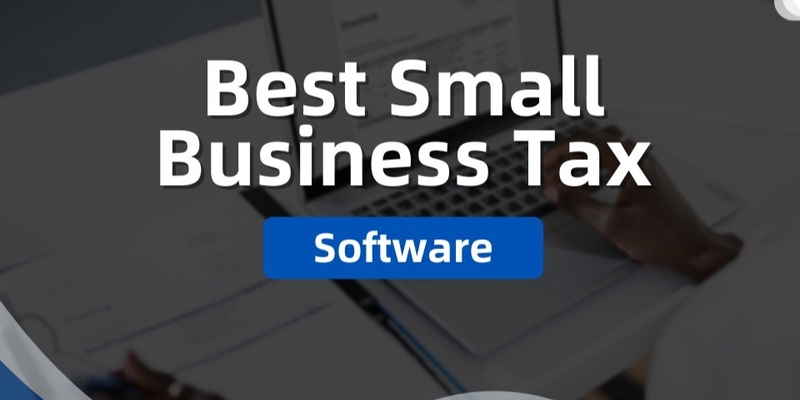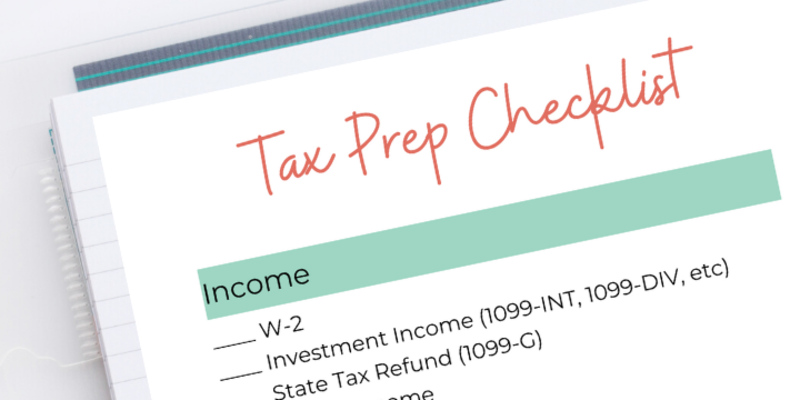Understanding the Importance of Tracking Your Monthly Expenses for Financial Success
Advertisement
To handle your money well, you start by knowing where your cash is spent. Observing what you spend on gives a strong method to see how you use money and marks the spots where changes can be good. When we split spending into groups and study it, this lets us make solid plans for our budget, reach a steady financial state, and get ready for big goals in the future. This article examines the significant role monthly expense tracking plays in managing finances effectively and suggests practical techniques to achieve this success.
Understanding Your Spending Patterns
When you start to monitor your costs, the initial stage involves recognizing and classifying how you spend. Through this method, it becomes easier to differentiate between necessary and unnecessary expenditures. Need-based expenses such as house rent, insurance policies, and loan repayments are expected whereas unstable charges like eating out in restaurants, recreation activities, or purchase of items vary from time to time.
By studying these categories, you can understand patterns and discover parts where perhaps your spending is too much. Realizing this information is very important for establishing priorities and detecting chances to redirect money toward saving or paying off debt.

The Role of Budgeting in Financial Planning
To keep on track with your money, first, you need to note down all of your expenses. But the most important thing is how this information helps make a personal budget for yourself. This budget works as guidelines showing what amount goes where like necessities needs, what you wish, and into a savings pool. The 50/30/20 budgeting rule is a simple yet effective framework for managing money. By dividing net income into three distinct categories, this method ensures a balance between meeting immediate needs and preparing for the future. Essential expenses, such as rent, groceries, and utilities, fall under the 50% category, while discretionary spending like entertainment and dining out is limited to 30%. The remaining 20% is reserved for savings and debt repayment, encouraging individuals to prioritize financial security over-indulgent spending.
One of the benefits of the 50/30/20 rule is its flexibility. Those with lower income levels may need to adjust percentages to accommodate their circumstances, while higher earners can use this structure to accelerate savings and investments. Regardless of income, this method provides a clear, actionable plan for managing expenses effectively
Other ways of budgeting, like the envelope technique or zero-based budget planning, could be more effective for some people based on their situation. The envelope method requires keeping aside money in cash for particular spending categories, meanwhile zero-based financial plan assigns each dollar earned to a designated use so that no amount is left untracked. No matter which approach you select, making a budget gives you control over your finances and helps maintain focus toward accomplishing your objectives.
Tools and Methods for Tracking Expenses
Nowadays, modern technology is providing many tools to handle your spending track easily and effectively. There are budgeting apps like Mint, PocketGuard, and YNAB that allow you to check your spending instantly, make goals for yourself, and also give warnings when you approach the limits of your budget. These applications generally connect with banking accounts which automatically sort out transactions removing a lot of manual work from the expense tracking process.
For people who have a preference for desktop software, applications such as Quicken provide superior functions to handle intricate financial scenarios that involve investments and business costs. With Quicken, users can bring in transactions, keep an eye on cash movement, and create comprehensive reports. This makes it a sturdy choice for complete financial administration.
Although digital instruments are handy, old-style techniques such as spreadsheets or written records can be useful too, particularly for people who like a more physical method. There are no-cost budget templates on the internet that offer a good beginning point to formulate your tracking system based on your requirements.
Long-Term Benefits of Expense Tracking

Tracking expenses influences more than just immediate financial balance. As time passes, this habit cultivates self-control and a better comprehension of personal money matters. It supports people in discovering chances for investments, savings for retirement age, and ways to lower debt. Moreover, if you maintain organization and stay knowledgeable, it helps to prevent monetary issues like overdraft charges, skipped payments, or too much credit card debt. Over time, keeping track of expenses turns into a routine that aids in gathering wealth and assists you in accomplishing significant financial milestones.
Practical Strategies to Reduce Expenses
When you often monitor your spending, it usually shows chances to reduce costs. This allows people to use their funds in a better way. For instance, by looking at subscription services we may find memberships that are not being used. Also, if we start using less energy this can bring down the cost of utility bills. Housing and transport costs are two big fixed expenses where savings could be made as well; for example, refinancing home loans or sharing rides to work could save money.
Expenses that change, for example eating outside or amusement can be reduced by putting restrictions on monthly spending or looking into cheaper options. Small alterations such as making food at home more frequently or utilizing public libraries instead of buying books could accumulate over time. This creates extra space in your budget to save money or pay off debt.
Conclusion
To see success in finance, one crucial move is to keep a check on expenses every month. Doing this makes things clearer and puts you accountable while preparing a strong foundation for budget planning properly. You may use applications or spreadsheets or the old-fashioned way but holding onto regular expense tracking gives you power over your money matters helping to fulfill your aims with assurance. When you adopt this method, not only do you understand more about how you spend money but also discover chances to save and invest to obtain financial stability in the long run.
Advertisement












